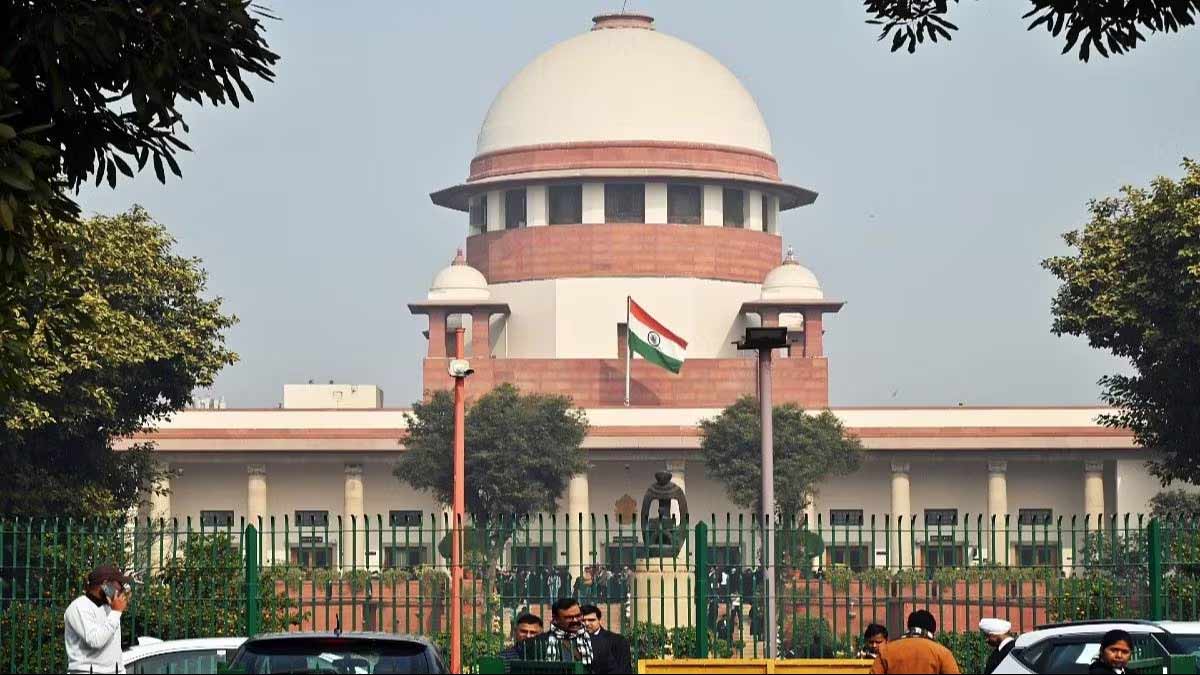
In a recent ruling, the Supreme Court of India demonstrated compassion and legal acumen by allowing a 14-year-old rape survivor to terminate her 30-week pregnancy. This decision overturned a previous order by the Bombay High Court, marking it as an "exceptional case" warranting judicial intervention. The apex court's decision, spearheaded by Chief Justice DY Chandrachud, was grounded in a thorough evaluation of medical reports and considerations of the minor's well-being.
Table of Content:-
Legal Background
Under Indian law, the termination of pregnancy beyond 24 weeks necessitates court permission. The Medical Termination of Pregnancy (MTP) Act, enacted in 1971 and subsequently amended in 2021, provides the legal framework for abortion in the country. As per Dr Apurva Gupta, Consultant, Obstetrics and Gynaecology, Daffodils by Artemis, East Of Kailash, New Delhi, abortion in India is permitted from 20 to 24 weeks of pregnancy for special category women including survivors of sexual abuse, minors, victims of rape, incest or disabled women after the amendment of September 2021.

Judicial Rationale
The Supreme Court's decision underscored the delicate balance between medical risks and individual rights. Despite acknowledging the inherent risks associated with late-stage abortion, the court prioritized the minor's physical and mental well-being. Notably, the court emphasized the need for a holistic assessment of the survivor's condition, beyond mere medical evaluations.
Medical Considerations
A crucial aspect of the court's decision was the medical opinion provided by experts. The court relied on the assessment of a medical board at Sion Hospital, which highlighted the potential adverse effects of continuing the pregnancy against the minor's will. While acknowledging the risks involved, the medical board concluded that the threat to life did not outweigh the risks associated with full-term delivery.
Also Read: Kiran Rao Reveals She Had Multiple Miscarriages Before Conceiving; Causes Of Recurrent Miscarriage
Role of Medical Board
The case also sheds light on the pivotal role played by medical boards in evaluating abortion requests beyond the statutory limit. As per the MTP Rules, 2021, a state-level Medical Board is entrusted with the task of reviewing such cases. Comprising specialists from various fields, including gynaecology and paediatrics, these boards ensure a comprehensive assessment of each case while upholding safety standards and providing necessary counselling.
Evolving Abortion Laws
India's abortion laws have evolved over the years, reflecting changing societal norms and medical advancements. The recent amendments to the MTP Act aim to widen access to safe abortion services and address the diverse needs of women. However, challenges remain, particularly concerning the criminalization of abortion under certain circumstances and the exclusion of gender-diverse individuals from accessing abortion services.
Bottomline
The Supreme Court's decision to allow the abortion of a 30-week pregnancy in the case of a minor rape survivor exemplifies the judiciary's commitment to upholding justice and protecting individual rights. By striking a balance between medical considerations and legal imperatives, the court has set a precedent for handling similar cases with empathy and pragmatism. Moving forward, continued efforts to reform and streamline abortion laws are essential to ensure comprehensive reproductive rights for all individuals in India.
Also watch this video
How we keep this article up to date:
We work with experts and keep a close eye on the latest in health and wellness. Whenever there is a new research or helpful information, we update our articles with accurate and useful advice.
Current Version